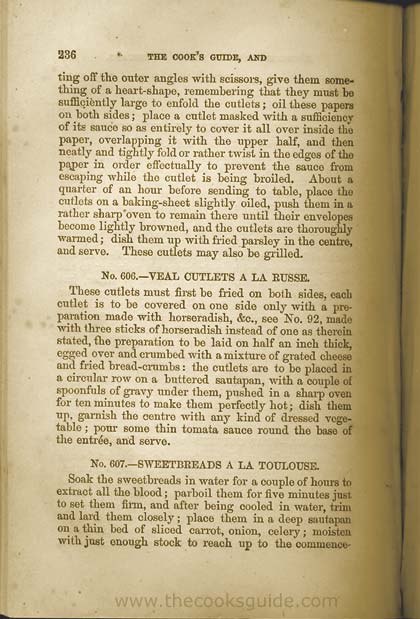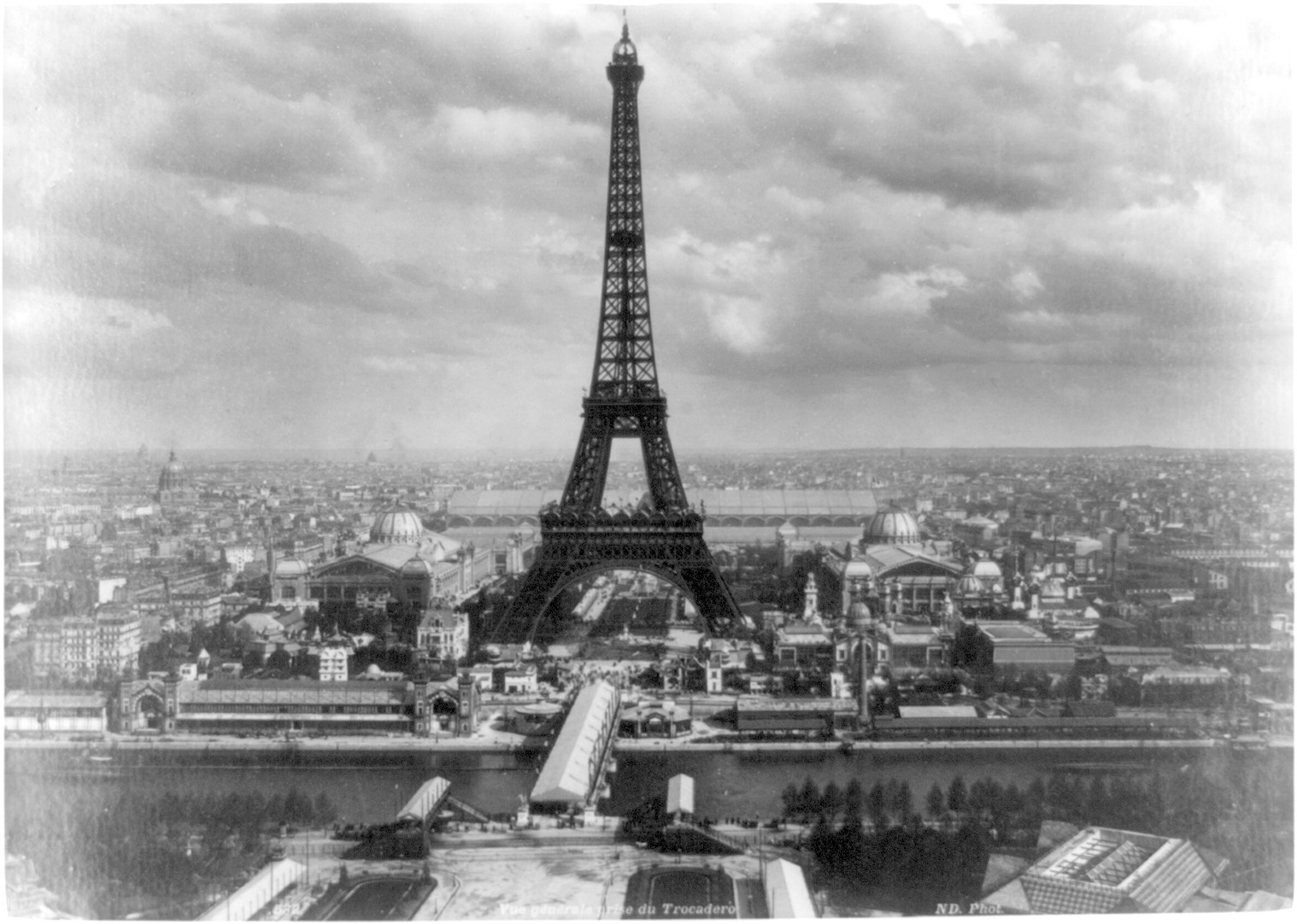At our penultimate Saturday morning meeting we had an animated discussion about the English and their obsession with the French. This came about because one Saturday Reader commented on the number of French phrases in Life After Life, generally bandied about by Izzie.
'She was always peppering her conversation with French words'.
froideur, très sportive, qu'ils mangent de la brioche, froideur, de rigueur, endroit, coiffeur, tout droit, J'étais un peu dérangée, passé, soigné, fainéant...
Certainly you won't find Bridget or Mrs Glover spouting out French. Maybe, at a push, if it's kitchen orientated. Different meats prepared à la Russe are a regular feature of her repertoire Even then I can imagine the frown of mistrust on Mrs Glovers face as she pronounces such foreign terms.
There are also many French terms used in the novel, generally to refer to Izzie or Sylvie.
There is the fact that Izzie flees à Paris, already enceinte by her married lover.
Sylvie and Hugh don't have a fortnight in Deauville, they have 'a delightful quizaine'
Sylvie is reminded of her luxurious life cut short every time Izzie utters something in French, also reminding them both that even though she, Izzie, has a baby and gives it away, she still goes to finishing school and then carries on doing whatever she pleases.
Izzie generally manages something in French whenever Sylvie has a dig at her. Maybe Izzie doesn't know why this irks her sister-in-law, but it is enough that it does.
'One day we must talk about what you got up to at sixteen, Isobel.'
'What?' Pamela said eagerly.
'Il n'avait pas d'importance,' Izzie said dismissively."
Izzie's child is named Roland by Sylvie, after the Song of Roland; an ancient heroic poem about a French knight.
Sylvie's upbringing was very different to Hugh's, down to the food they ate: Hugh nursery fodder whilst his wife had enjoyed Canard à la presse.
Izzie spatters French throughout her conversations with the young Ursula, who she describes as 'a jeune fille bien élevée', and 'Jolie et petite.'
'She missed that cosy hour (tete-à-tete, he called it. More French.)'
Later, during the Blitz Ursula reads Du coté de chez Swann, the first volume of In Search of Lost Time by Proust.
On one of her meetings with Renee Miller, Ursula reflects a certain snobbism:
'...although I doubt we inhabit the same endroits, as they say.' Her French pronunciation was spot-on, how odd, Ursula thought."
Why should it be odd? Is Ursula being classist?
'It was such an Izzie word that it was bizarre to hear it from the lips of the Renee girl.'
'You should do more with your French.'
'I could live in Paris.'
Perhaps not that, ' Sylvie said.'
An interesting exchange. Perhaps Sylvie is addressing a younger version of herself, having flicked through the novel and not understood it - another reminder of her missed life. Had she understood it, known what it was about or about the writer's life, then surely Sylvie's heart would have lurched. If she found Marvell 'lush' what would she make of Chéri? No doubt she would have deemed it unsuitable for the 16 year old Ursula.
In this version she quickly nips in the bud Ursula's idea of going to Paris.
Perhaps Paris reminds her of Izzie's scandalous elopement, perhaps she carries a motherly mistrust for the city of lights. However, it is safe to say that for the English, speaking French has always been seen as either a level of refinement or a point of snobbism.
Yet in another strand Sylvie dismisses Paris with a shrug, saying it's 'overrated.'
Later, when Ursula reminds her she visited Europe with her father, Sylvie pushes for Ursula's 'second-rate' european trip, going against Hugh's reservations.
All in all, Life After Life shows a good representation of how the English generally view the French: with a mixture of admiration, fascination and distrust. The Saturday Readers discussed how this fluctuating opinion came to be, we talked about 1066, the identity of being an island nation, how the Germans rather than the French had historically been our allies, we expressed delight and envy at French produce and cuisine, at how well they look after their heritage and at how good they are at being ... French.
Izzie says over lunch:
'I bet the first French words you learned were déjà vu. Poor old you.'Izzie spatters French throughout her conversations with the young Ursula, who she describes as 'a jeune fille bien élevée', and 'Jolie et petite.'
When she refers to 'la famille' we can this to mean read Sylvie, and perhaps also Izzie's mother.
She dismissively explains to Ursula that ' I spent some time in Paris when I was younger. And, of course the war...'
'She missed that cosy hour (tete-à-tete, he called it. More French.)'
For Ursula and Dr Kellet there is always the matter of déjà vu to discuss.
Later, during the Blitz Ursula reads Du coté de chez Swann, the first volume of In Search of Lost Time by Proust.
On one of her meetings with Renee Miller, Ursula reflects a certain snobbism:
'...although I doubt we inhabit the same endroits, as they say.' Her French pronunciation was spot-on, how odd, Ursula thought."
Why should it be odd? Is Ursula being classist?
'It was such an Izzie word that it was bizarre to hear it from the lips of the Renee girl.'
Sidonie Gabrielle Colette
After looking through Ursula's copy of Chéri, by Colette, Sylvie comments:
'You should do more with your French.'
'I could live in Paris.'
Perhaps not that, ' Sylvie said.'
Trailer for film version of Cheri, starring Michelle Pfeiffer
An interesting exchange. Perhaps Sylvie is addressing a younger version of herself, having flicked through the novel and not understood it - another reminder of her missed life. Had she understood it, known what it was about or about the writer's life, then surely Sylvie's heart would have lurched. If she found Marvell 'lush' what would she make of Chéri? No doubt she would have deemed it unsuitable for the 16 year old Ursula.
In this version she quickly nips in the bud Ursula's idea of going to Paris.
1951 Documentary featuring Colette
Perhaps Paris reminds her of Izzie's scandalous elopement, perhaps she carries a motherly mistrust for the city of lights. However, it is safe to say that for the English, speaking French has always been seen as either a level of refinement or a point of snobbism.
Yet in another strand Sylvie dismisses Paris with a shrug, saying it's 'overrated.'
Later, when Ursula reminds her she visited Europe with her father, Sylvie pushes for Ursula's 'second-rate' european trip, going against Hugh's reservations.
All in all, Life After Life shows a good representation of how the English generally view the French: with a mixture of admiration, fascination and distrust. The Saturday Readers discussed how this fluctuating opinion came to be, we talked about 1066, the identity of being an island nation, how the Germans rather than the French had historically been our allies, we expressed delight and envy at French produce and cuisine, at how well they look after their heritage and at how good they are at being ... French.



No comments:
Post a Comment